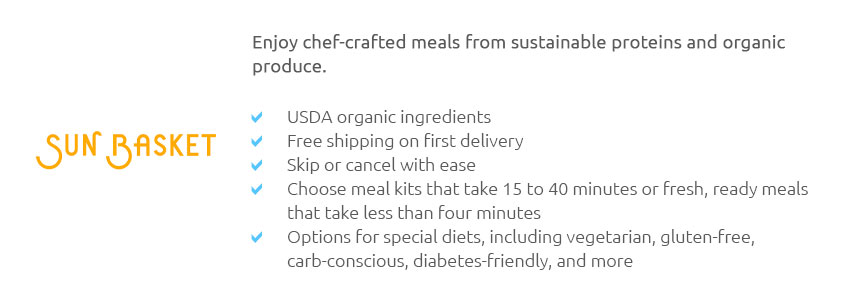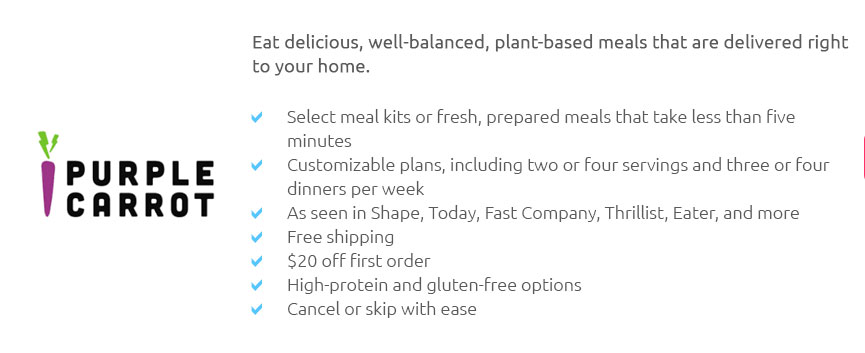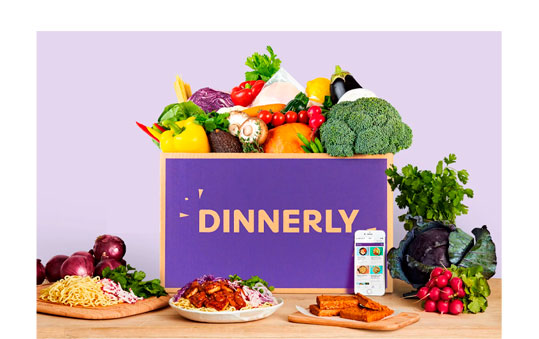 |
 |
 |
|---|
 |
|---|
 |
||||||
|---|---|---|---|---|---|---|
|
||||||
 |
 |
|||||
 |
 |
|||||
 |
 |
|||||
 |
 |
|||||
 |
 |
|||||
 |
 |
|||||
 |
 |
|||||
 |
 |
|---|
Exploring the World of Healthy Meal DeliveryIn today's fast-paced society, the quest for convenience often overshadows the pursuit of health, leading many to resort to quick-fix meals that lack nutritional value. However, a burgeoning trend offers a promising solution: healthy meal delivery services. These services have evolved remarkably, catering not just to those pressed for time but also to the health-conscious individuals seeking balanced, delicious meals without the hassle of preparation. With a plethora of options now available, understanding the nuances of these services can significantly enhance one's culinary experience. The Rise of Meal Delivery ServicesThe concept of meal delivery is not novel, but its transformation into a health-centric endeavor is relatively recent. Initially, delivery services focused primarily on speed and convenience, often at the expense of nutritional content. However, as public awareness about the benefits of healthy eating increased, so did the demand for meals that align with dietary goals and nutritional needs. This shift has inspired a new wave of companies dedicated to crafting meals that are as healthy as they are convenient. Advantages of Healthy Meal DeliveriesThere are several compelling reasons to consider healthy meal delivery services.
Challenges and ConsiderationsDespite their numerous benefits, healthy meal delivery services are not without challenges. For instance, cost can be a prohibitive factor for some. While the convenience and quality of ingredients justify the price for many, it remains higher than traditional meal prep or dining out. Additionally, the environmental impact of packaging waste cannot be ignored, even though many companies are making strides in using recyclable or compostable materials. Finally, while personalization is a hallmark of these services, some may still find the lack of absolute control over ingredients or preparation methods a downside. ConclusionUltimately, the decision to embrace healthy meal delivery services is a personal one, influenced by individual lifestyle, dietary needs, and financial considerations. For those who prioritize health but struggle to find the time or resources to maintain a balanced diet, these services offer a viable, often delightful alternative. By understanding both the advantages and limitations, consumers can make informed choices that best suit their needs, potentially transforming mealtime from a mundane task to a moment of joy and nourishment. https://www.territoryfoods.com/
A holistic approach to health and wellness begins with food. Territory meets you where you are, literally at your front door each week, with freshly prepared ... https://eatcleanbro.com/?srsltid=AfmBOopXxZitH7BCU8MnJnAmiEL2L-wfL2gb8A0cEegFmV36z202WG0P
Eat Clean Bro - Fresh, Ready-Made Meals Delivered to Your Door - Eat Clean Bro provides dietitian-approved, chef-crafted meals made with real ingredients, ... https://www.bonappetit.com/story/best-meal-delivery-services?srsltid=AfmBOopmpkG3wpoR3qr8MR2O3Xn6WgRkRGSACpfElu0rVUJVf06QS-m2
Sunbasket is a meal delivery service that operates similarly to most of its competitors: You'll pick your weekly meals (narrowing down the ...
|
|---|


